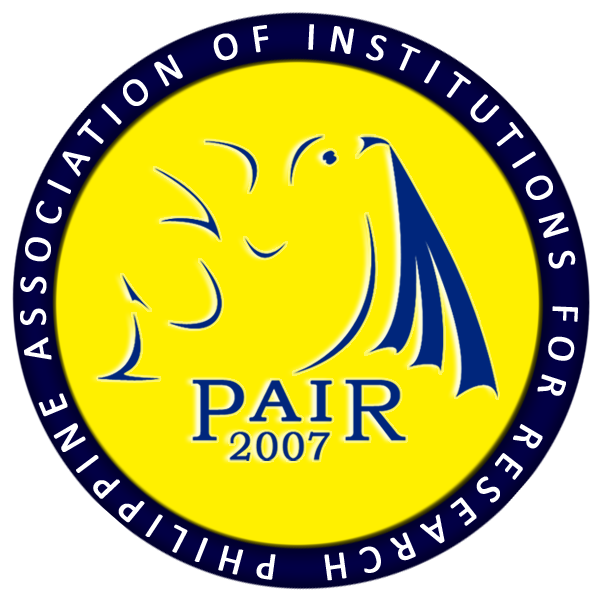Uncertain Living: Challenges of Orphans in the Philippines
DOI:
https://doi.org/10.7719/jpair.v33i1.612Keywords:
Social Science, orphans, phenomenological approach, PhilippinesAbstract
Orphan studies are scarce internationally and locally. However, the implications of these orphans are tantamount to the society's effort to advancement. One of the problems that the Philippines need to address is its status on the abandoned, neglected and orphaned children. The country has an abandoned children problem (Kaiman & De Leon, 2016). About 1.8 million children in the Philippines are under the status of abandoned or neglected. This phenomenological study focused on the experiences, aspirations, and fears of orphaned children living in and outside the orphanage. The study sought ethical clearance from the ethics committee to ensure that ethical standards were observed. Trustworthiness and rigor were ensured through member checking. Measures to protect participants' confidentiality and anonymity were followed. Five (5) participants were purposively chosen through criterion sampling and data were collected through semi-structured interview. Narratives were transcribed verbatim and reflectively analyzed using Collaizi's (1978) Procedural Steps. Analyzed narratives revealed three (3) dominant themes: (1) Nay, Tay, Bakit? Questions of Sufferings, (2) Paglaho ng Alaala: Standing Anchored in the Ground (3) Bakas ng Nakalipas: A Choice to Move Forward. The study revealed that the orphans underwent social, emotional, mental, spiritual and physical difficulties as an orphaned child. The study includes suggestions and recommendations for exploring the health and nutritional status and psychological well-being of an orphan.
Downloads
References
Fredriksson-Bass, J & Kanabus, A (2004) HIV and AIDS in Botswana: Avert Organization Global Orphans and Vulnerable Children. Avert. 38. 1-10. Retrieved from https://doi.org/10.1080/17290376.2011.9724987
Downloads
Published
Issue
Section
License
Copyright (c) 2018 John Mark Vergara, Ladee Abigail Angeles, Ashley Angel Pagkalinawan, Maurice Villafranca

This work is licensed under a Creative Commons Attribution-NonCommercial 4.0 International License.
Open Access. This article published by JPAIR Multidisciplinary Research is licensed under a Creative Commons Attribution-Noncommercial 4.0 International (CC BY-NC 4.0). You are free to share (copy and redistribute the material in any medium or format) and adapt (remix, transform, and build upon the material). Under the following terms, you must give appropriate credit, provide a link to the license, and indicate if changes were made. You may do so in any reasonable manner, but not in any way that suggests the licensor endorses you or your use. You may not use the material for commercial purposes.




















